
Code: 08824374
Intersectionality and Urban Education
by Carl A. Grant, Elisabeth Zwier
A volume in Urban Education Studies Series Series Editors Nicholas D. Hartlep, Illinois State University, Thandeka K. Chapman, University of California, San Diego and Kenny Varner, Louisiana State Univers ... more
- Language:
 English
English - Binding: Hardback
- Number of pages: 334
Publisher: Information Age Publishing, 2014
- More about this

You might also like
-
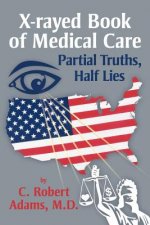
X-Rayed Book of Medical Care
17.65 € -
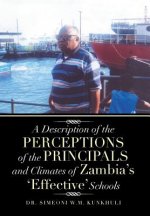
Description of the Perceptions of the Principals and Climates of Zambia's 'Effective' Schools
43.79 € -
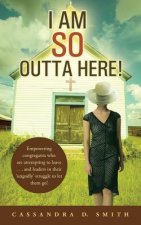
I Am So Outta Here!
19.57 € -

Protagoras
14.62 € -

Curriculum, Learning, and Teaching Advancements in Online Education
195.06 € -

Opus in Chromatic Words
9.98 € -24 % -
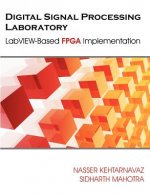
Digital Signal Processing Laboratory
47.82 €
Give this book as a present today
- Order book and choose Gift Order.
- We will send you book gift voucher at once. You can give it out to anyone.
- Book will be send to donee, nothing more to care about.
More about Intersectionality and Urban Education
You get 281 loyalty points
 Book synopsis
Book synopsis
A volume in Urban Education Studies Series Series Editors Nicholas D. Hartlep, Illinois State University, Thandeka K. Chapman, University of California, San Diego and Kenny Varner, Louisiana State University In urban education, "urban" is a floating signifier that is imbued with meaning, positive or negative by its users. "Urban" can be used to refer to both the geographical context of a city and a sense of "less than," most often in relation to race and/ or socioeconomic status (Watson, 2011). For Noblit and Pink (2007), "Urban, rather, is a generalization as much about geography as it is about the idea that urban centers have problems: problems of too many people, too much poverty, too much crime and violence, and ultimately, too little hope" (p. xv). Recently, urban education scholars such as Anyon (2005), Pink and Noblit (2007), Blanchett, Klinger and Harry (2009), and Lipman (2013) have elucidated the social construction of oppression and privilege for urban students, teachers, schools, families, and communities using intersectionality theories. Building on their work, we see the need for an edited collection that would look across the different realms of urban education-theorizing identity markers in urban education, education in urban schools and communities, thinking intersectionally in teacher education & higher education, educational policies & urban spaces-seeking to better understand each topic using an intersectional lens. Such a collection might serve to conceptually frame or provide methodological tools, or act as a reference point for scholars and educators who are trying to address urban educational issues in light of identities and power. Secondly, we argue that education questions and/or problems beg to be conceptualized and analyzed through more than one identity axis. Policies and practices that do not take into account urban students' intertwining identity markers risk reproducing patterns of privilege and oppression, perpetuating stereotypes, and failing at the task we care most deeply about: supporting all students' learning across a holistic range of academic, personal, and justice-oriented outcomes. Can educational policies and practices address the social justice issues faced in urban schools and communities today? We argue that doing intersectional research and implementing educational policies and practices guided by these frameworks can help improve the "fit." Particular attention needs to be paid to intersectionality as a lens for educational theory, policy, and practice. As urban educators we would be wise to consider the intertwining of these identity axes in order to better analyze educational issues and engage in teaching, learning, research, and policymaking that are better-tuned to the needs of diverse students, families, and communities.
 Book details
Book details
Book category Books in English Society & social sciences Sociology & anthropology Sociology
111.91 €
- Full title: Intersectionality and Urban Education
- Author: Carl A. Grant, Elisabeth Zwier
- Language:
 English
English - Binding: Hardback
- Number of pages: 334
- EAN: 9781623967338
- ISBN: 9781623967338
- ID: 08824374
- Publisher: Information Age Publishing
- Weight: 686 g
- Dimensions: 167 × 241 × 22 mm
- Date of publishing: 06. August 2014
Trending among others
-

Sex at Dawn
13.71 € -18 % -
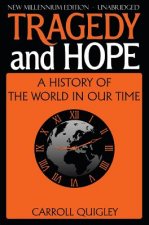
Tragedy and Hope
71.14 € -
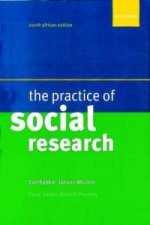
Practice of Business and Social Research
38.04 € -
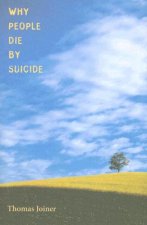
Why People Die by Suicide
33.49 € -

Fair Play Deck
17.65 € -19 % -
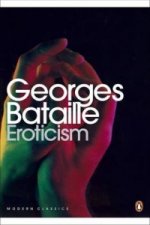
Eroticism
11.29 € -28 % -

Wounded Woman
18.56 € -11 % -
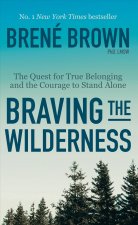
Braving the Wilderness
8.67 € -20 % -

Wanderlust
16.94 € -19 % -

Social Intelligence
12.91 € -22 % -

True Believer
12.81 € -29 % -
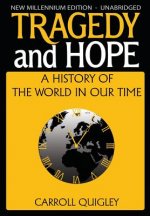
Tragedy and Hope
44.60 € -

Surrendered Wife
10.28 € -28 % -

Intimate Communion
12.81 € -24 % -

Cartoon Guide to Statistics
19.57 € -21 % -

Gifts of Imperfection: 10th Anniversary Edition
28.75 € -

Bushido the Soul of Japan
11.49 € -

Death and the Afterlife
18.05 € -25 % -
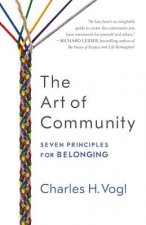
Art of Community: Seven Principles for Belonging
19.27 € -19 % -
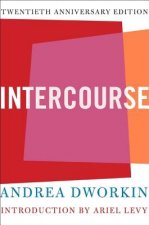
Intercourse
14.22 € -28 % -

On Death and Dying
14.02 € -30 % -

Surrendered Single
13.21 € -28 % -

Body & Soul
22.60 € -24 % -

Expulsion of the Other - Society, Perception and Communication Today
17.04 € -
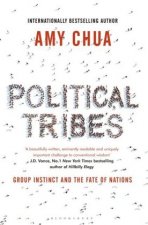
Political Tribes
11.29 € -21 % -
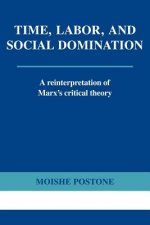
Time, Labor, and Social Domination
30.67 € -24 % -
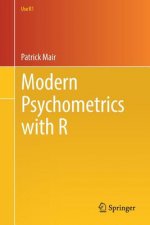
Modern Psychometrics with R
72.85 € -12 % -

Cultural Contradictions Of Capitalism
16.74 € -20 % -

Voluptuous Panic
30.37 € -14 % -

Anatomy Museum
59.73 € -5 % -
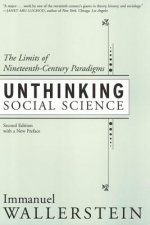
Unthinking Social Science
28.65 € -15 % -
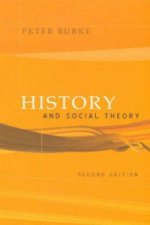
History and Social Theory 2e
23.40 € -7 % -
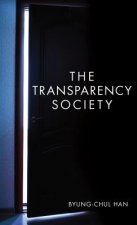
Transparency Society
14.02 € -7 % -

Harmful To Minors
30.87 € -4 % -

Family Studies
77.09 € -

Escaping Utopia
54.38 € -
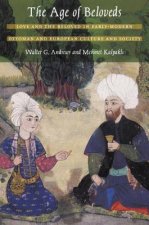
Age of Beloveds
35.71 € -10 % -
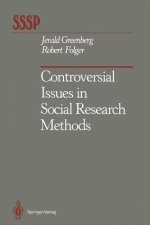
Controversial Issues in Social Research Methods
61.45 € -

Oxford Handbook of Philosophy of Death
68.71 € -
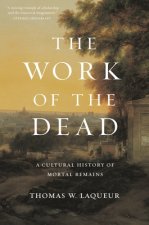
Work of the Dead
24.92 € -19 % -
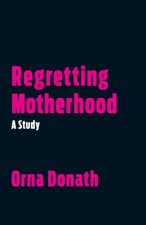
Regretting Motherhood
15.73 € -8 % -
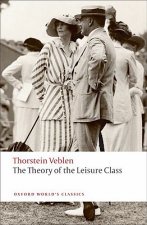
Theory of the Leisure Class
11.29 € -28 % -

Book of Tea
9.27 € -28 % -
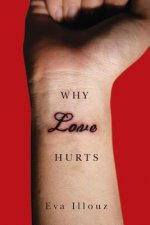
Why Love Hurts - A Sociological Explanation
17.55 € -

Cruel Optimism
27.44 € -6 % -
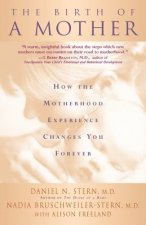
Birth Of A Mother
22.09 € -

World of Sex
6.25 € -28 % -
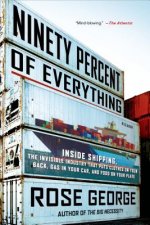
NINETY PERCENT OF EVERYTHING
18.56 € -3 % -

Past Mortems
9.27 € -28 %
Collection points Bratislava a 2642 dalších
Copyright ©2008-24 najlacnejsie-knihy.sk All rights reservedPrivacyCookies



 15549 collection points
15549 collection points Delivery 2.99 €
Delivery 2.99 € 02/210 210 99 (8-15.30h)
02/210 210 99 (8-15.30h)